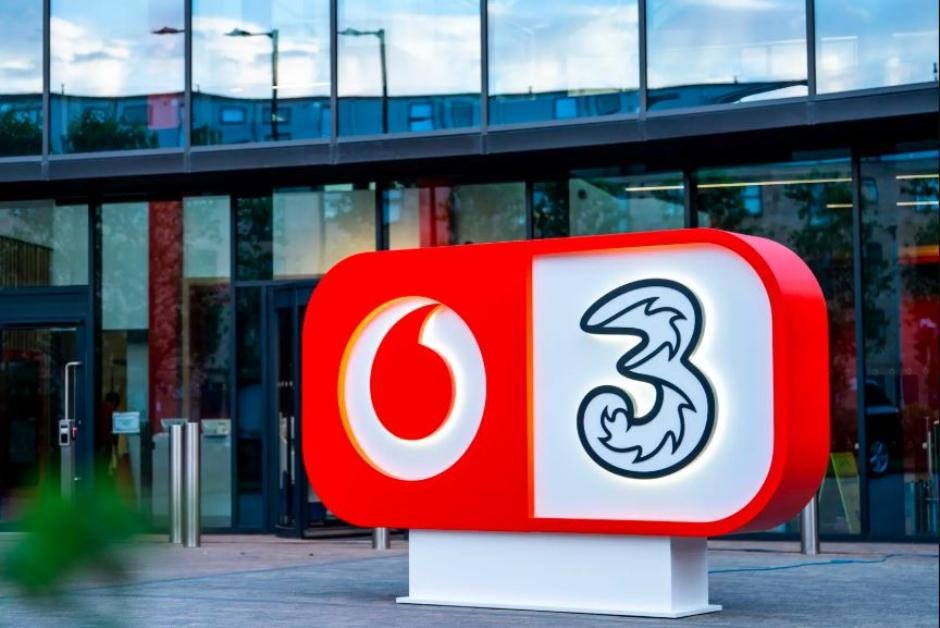Ericsson has secured an eight-year, SEK 12.5 billion (nearly £1 billion) contract to supply the entire core and most of the radio network for VodafoneThree’s mobile network in the UK. The agreement makes Ericsson the sole nationwide core network vendor for the merged operator.

Driving UK Digitalization with 5G Standalone
Under the deal, Ericsson will deploy 5G Standalone (5G SA) hardware, software, and services to serve VodafoneThree’s 29 million customers. The programmable network will support emerging technologies such as AI, automation, and augmented or virtual reality, enabling differentiated connectivity for enterprises and industries across the country.
Nationwide Reach and Timeline
Ericsson’s radio and core solutions will cover London, Edinburgh, Cardiff, Belfast, and major population hubs including Leeds, Sheffield, Bristol, Aberdeen, Hull, and Bournemouth. Initial deployments begin soon, with VodafoneThree targeting 99.95 percent 5G SA population coverage by 2034.
The rollout introduces Ericsson’s newest 5G RAN products: compact AI-optimized radios, multi-band antennas, and energy-efficient basebands. Ericsson’s dual-mode 5G Core, IMS voice solution, and Cloud Native Infrastructure will handle the rapid surge in UK data demand while keeping energy use in check.
Borje Ekholm, Ericsson President and CEO, said: “High-performing programmable networks are critical to success in the digital economy.”
Max Taylor, VodafoneThree CEO, said: “Ericsson brings the scale and expertise to build a “resilient, secure, world-class and future-ready network.”
Ericsson powers 187 5G networks across 78 countries, including 42 of the world’s live 5G SA networks, reinforcing its leadership in cloud-native, dual-mode 5G Core technology.
VodafoneThree, the merged entity of Vodafone UK and Three UK, has launched a series of new initiatives aimed at strengthening its presence in the UK telecom market. Following the merger’s completion in May 2025, the company — 51 percent owned by Vodafone and 49 percent by CK Hutchison — has pledged £11 billion over the next decade, including about £1.3 billion in the first year, to build a next-generation 5G network.
One of the first steps is integrating Vodafone’s and Three’s networks so customers can automatically use whichever signal is stronger, already improving 4G speeds by up to 40 percent in some areas and expanding coverage at more than 600 shared sites.
The company plans to extend 5G standalone coverage to nearly the entire UK population by 2034 and eliminate mobile “not-spots” across roughly 16,500 square kilometres by the end of 2025.
VodafoneThree is also exploring a high-speed subsea cable to enhance connectivity for the Shetland Islands, while supporting rural inclusion projects in Wales and improving service for large events such as the Royal Welsh Show. It has become the exclusive mobile network operator for Currys, covering mobile broadband as well, and is providing 5G infrastructure for the Sizewell C nuclear project to strengthen communications at the construction site.
The company reorganizes retail operations by consolidating stores and creating about 400 UK-based customer service jobs, The Guardian reports.
A marketing campaign, “Two Networks Are Better Than One,” is promoting the benefits of the merged network.
Baburajan Kizhakedath
